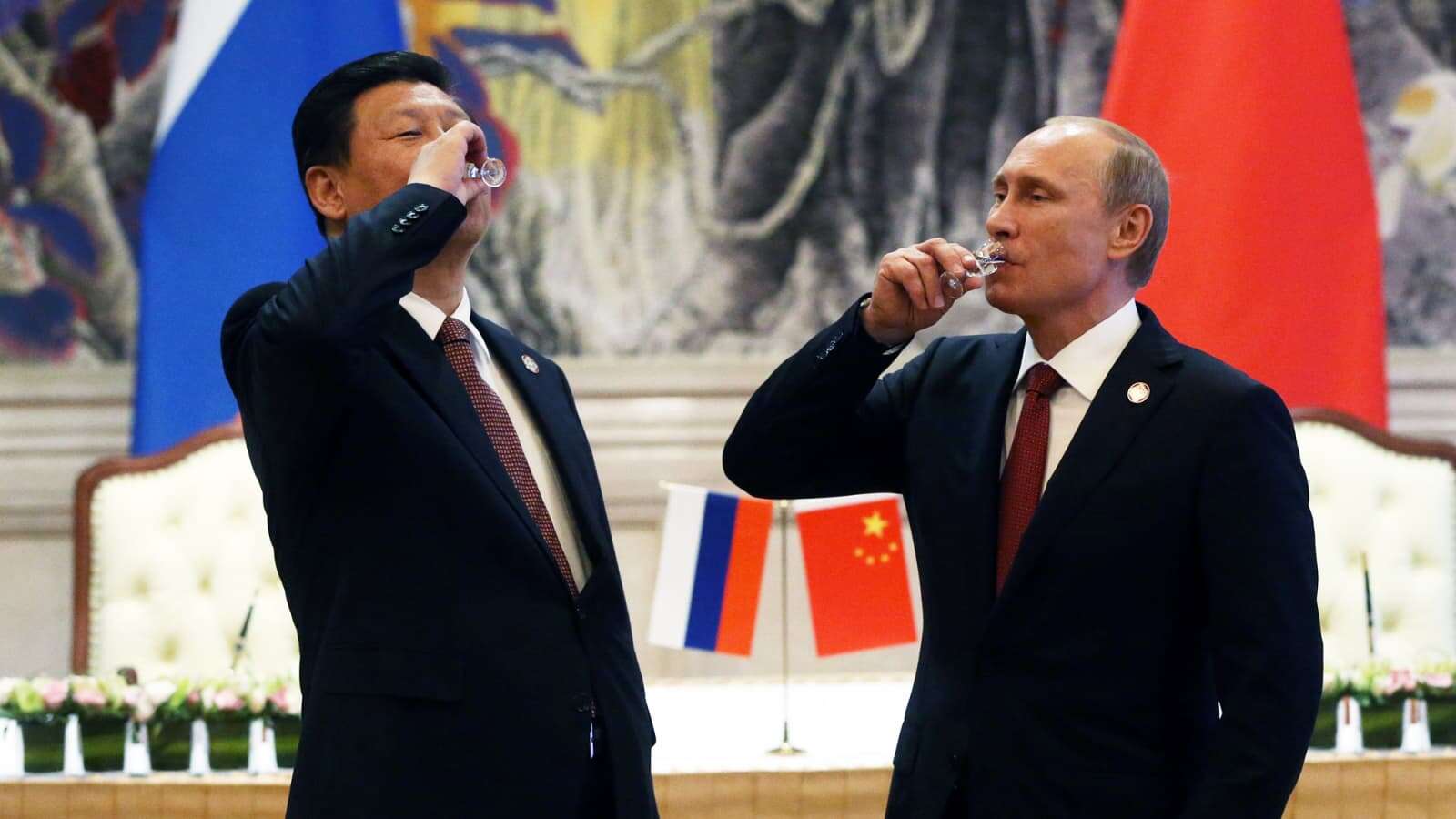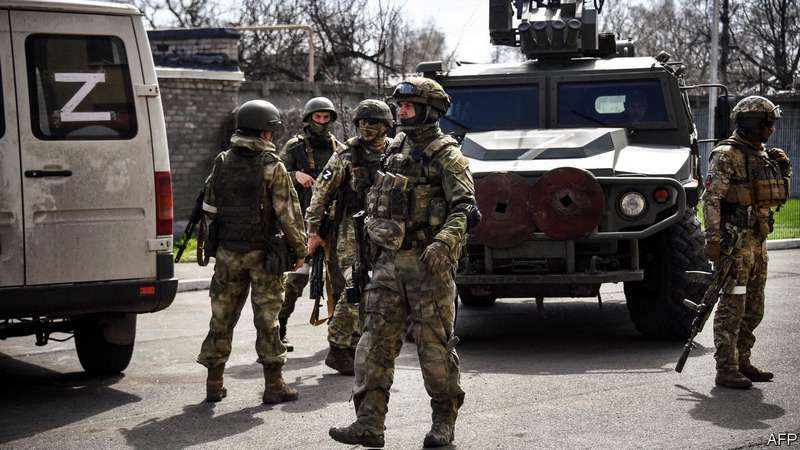
As the war in Ukraine appears to be about to intensify further, with Russian President Vladimir Putin ordering a partial mobilisation of reservists to reinforce his troops following major combat setbacks this earlier month, there were some positive developments, particularly pleasing for some UK families.
Saudi Arabia broker deal
Amongst ten detainees released as part of a brokered exchange between Russia and the Saudi Arabian crown prince Mohammed Bin Salman, who maintains a close personal relationship with Mr Putin, were five British nationals. They had been held by the Russians in Ukraine after being captured several months ago, fighting alongside the Ukrainian forces.
Saudi Arabia has had little diplomatic involvement in the Russia-Ukraine war up to this point, although the kingdom voted for a resolution at the United Nations General Assembly earlier this year to condemn the invasion. In the past both the Saudis and the Russians have been accused by the West of violating human rights.
Five released Britons named
UK member of parliament, Robert Jenrick, confirmed that one of the five Britons released was his constituent, Aiden Aslin, who was one of the three sentenced to death in eastern Ukraine back in June. Mr Aslin, from Newark, was held in April while fighting in the south-eastern city of Mariupol. In a video recorded from the plane on the way home to the UK, Mr Aslin said they were: “Now out of the danger zone and on our way home to our families”.
Mr Jenrick said the family were naturally “over the moon, having been through months of torture, strain, and stress as a result of this,” describing their earlier trial as a nothing more than a kangaroo court. He added: “I can not divulge all of the details of the negotiations, but a huge amount of effort has gone into securing their release.” He pointed out that things could easily have gone the other way, or it could easily have taken many months, if not years to resolve.
Images seen by families
The others were named as Shaun Pinner, who is from Bedfordshire and was captured at the same time as Mr Aslin and he added: “We escaped by the skin of our teeth.” Also, John Harding from Sunderland, who was awaiting trial and was seen alongside the other two in photos that have emerged showing them arriving off a plane in Riyadh, the Saudi Arabian capital, appearing to be accompanied by a group of Saudi officials. The images have been seen by family and friends of the Britons who had earlier feared that they would be killed. They had all been living in Ukraine when war broke out back in February. All the men thanked people who had been supporting them while they were in captivity.
The two remaining British citizens are Andrew Hill and Dylan Healy from Cambridgeshire, who had been providing humanitarian assistance in Ukraine, and had been detained in April alongside Paul Urey, from the north west town of Warrington, who sadly later died whilst being detained. Foreign Secretary James Cleverly whilst welcoming the release of the Britons said: “Tragically this was not to be the case for one of those detained and our thoughts remain with the family of Paul Urey.” The Ukrainians had accused the Russians of torturing Mr. Urey to death, although Russian-backed separatists said he died of unrelated health issues.
Prime Minister thanks Ukrainian President
UK Prime Minister Liz Truss said the news ended months of uncertainty and suffering for the men and their families. She thanked Ukrainian president Zelensky “for his efforts to secure the release of detainees, and Saudi Arabia for their assistance” before adding: “Russia must end the ruthless exploitation of prisoners of war and civilian detainees for political ends.”
Also released amongst the ten were prisoners from the United States, Morocco, Sweden and Croatia. As recently as Tuesday 20 September, rumours on social media had begun circulating that the death sentence they have been facing had been carried out.
Over 200 exchanged
This action is part of one of the most significant prisoner swaps of the war so far, with 215 Ukrainian soldiers released – including commanders of the Azov regiment, which defended Mariupol – by Russia. In exchange, Ukraine handed over 55 Russian soldiers, as well as the pro-Kremlin Ukrainian politician and oligarch, Victor Medvechuk, who was facing charges of treason. Turkish President Recep Tayyip Erdogan said he had personally brokered an exchange of 200 prisoners of war between the two countries.
So why now?
There is confusion as to why this has been allowed to happen, especially as it comes just as Mr Putin announced a partial mobilisation of military reservists. Diplomats said it was impossible to know if the two issues were linked. But they said at the very least the Kremlin wanted to change the narrative, to try to seize some kind of initiative after weeks of being on the back foot as it lost territory as the Ukrainian forces continued to overwhelm the Russian troops.
Partial mobilisation of reservists
The partial mobilisation comes after Putin’s latest address to his nation was full of anti-Western, anti-Ukrainian nonsense and veiled nuclear threats. His political poker has had its stakes raised, and the ‘game’ is becoming increasingly dangerous. Almost from the very beginning his invasion of Ukraine did not go according to plan. The Ukrainian military, backed by western weapons, put up far greater resistance than the Kremlin had expected and his military got bogged down, so now he obviously feels he has to use numerical superiority to attempt to regain control, but that might not be as straightforward as he seems to think.
Previous call-ups backfired
Putin’s spin is that specialist skills are needed in the Ukraine conflict. These will include many reserve officers, with a great many over the age of 60, pulled out of retirement and it seems that the mobilisation will be spread over several months. Previously the Kremlin send thousands of conscripts to fight in Afghanistan in the 1980s, and later in Chechnya, in the North Caucasus. These included many poorly-trained conscripts who were killed in those costly wars, which resulted in a lot of resentment amongst the Russian population.
Protests in Russia
The call up of extra troops has been met by huge protests with Russian human rights group OVD-Info putting a total at more than 1,300 arrested, with the largest numbers in St Petersburg and Moscow. Flights out of Russia sold out fast after Putin’s announcement and pictures on social media showed long queues at border posts, and on Google, the search for “how to leave Russia” went through the roof.
The Moscow prosecutor’s office has warned that calls on social media to join unauthorised street protests, or participate in them, could incur up to 15 years behind bars. They could be prosecuted under laws against discrediting the armed forces, spreading “fake news” about Russia’s military operation in Ukraine, or encouraging minors to protest.





0 Comments